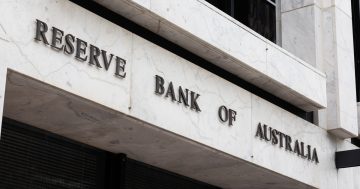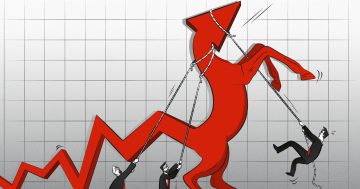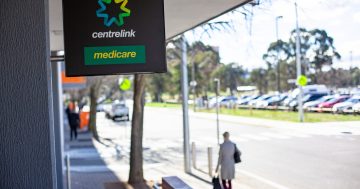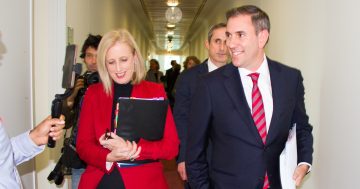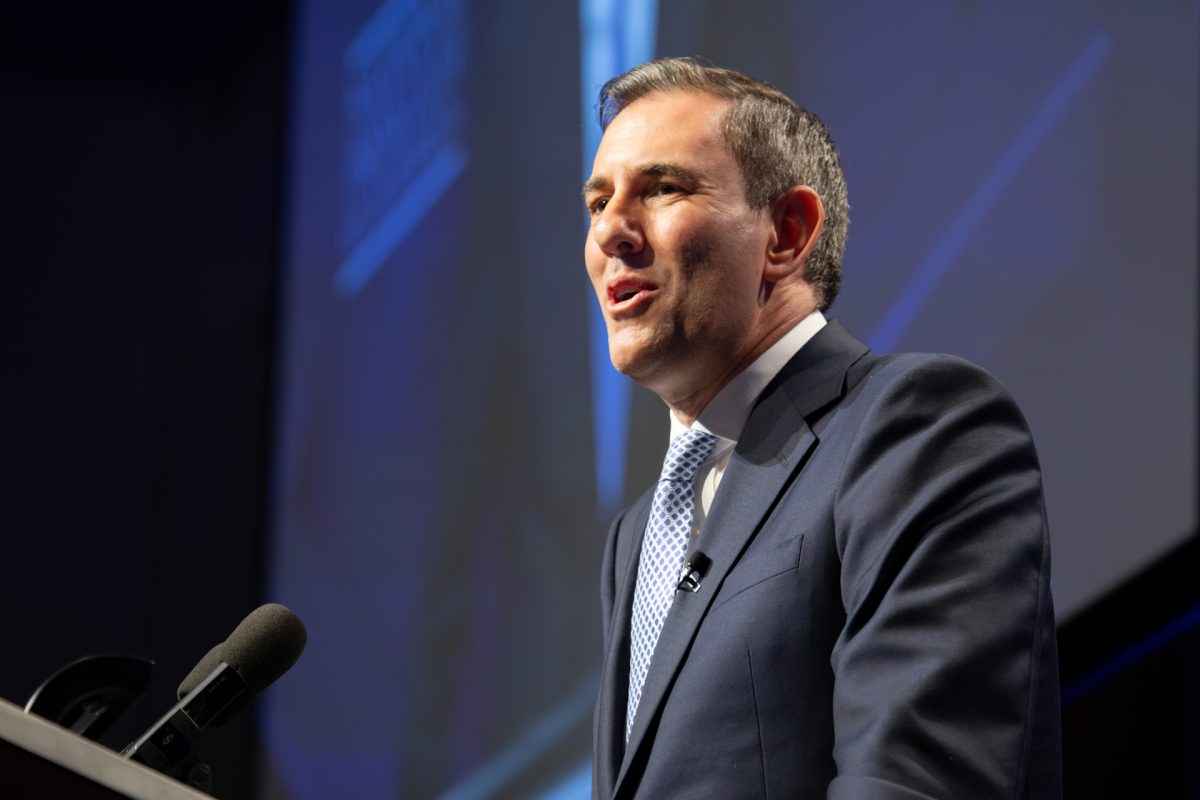
A disappointed Federal Treasurer Jim Chalmers says he won’t second guess the RBA’s decision not to cut interest rates. Photo: Michelle Kroll.
While the Reserve Bank’s decision to leave interest rates on hold at 3.85 per cent has received mixed reactions, the general consensus is that it was a surprise move as most analysts had predicted a cut.
A reduction to 3.60 per cent was widely anticipated, but the RBA board cited international uncertainty and slow domestic business recovery among the reasons for delaying any such move, even though inflation indicators are heading in the right direction.
The Australian dollar rallied following Tuesday’s (8 July) announcement.
Local currency immediately rose from 65.1 US cents to 65.5 US cents, stabilising at 65.4 US cents by the end of the day.
The split decision from the RBA board, however, has been mirrored in the immediate responses to it.
Treasurer Jim Chalmers has stayed circumspect in his remarks, but could not contain his disappointment at the decision.
He pointed out that economists and the general public were also surprised.
“I think there are good reasons why treasurers don’t make predictions about movements in interest rates,” he said.
“I don’t predict them, I don’t pre-empt them, I don’t second-guess decisions once they’re taken.”
Shadow Treasurer Ted O’Brien described the RBA’s explanation for not cutting the cash rate as “very logical” and said the central bank’s independence should be “treated as sacrosanct”.
But he said the Federal Government had some work to do in addressing productivity, incentivising private sector investment and relieving cost-of-living pressures for struggling Australians.
“The Reserve Bank’s decision to hold the cash rate at 3.85 per cent confirms what millions of Australians are feeling every day – the cost of living remains too high and interest rates are staying higher for longer,” Mr O’Brien said.
“[The] decision means average mortgage holders will continue paying an additional $1900 in interest payments each month than they were before Labor came to office.
“This is a direct consequence of Labor’s homegrown inflation and its failure to boost productivity.
“While households have been forced to make tough decisions, the Albanese government has kept spending at record levels.
“As the RBA has repeatedly said, strong demand from the public sector has been a key driver of sticky inflation …
“The Treasurer was ready to take credit for a drop in the cash rate … but instead he’s pointing the finger overseas to camouflage his own economic failures.”
The Australian Council of Trade Unions has strongly expressed its disappointment at the RBA’s decision, saying a quarter of a percentage point cut to the official cash rate would have resulted in interest rate relief of about $100 a month for people with an average mortgage.
ACTU president Michele O’Neil said the decision to keep rates on hold was a blow for working people and financially struggling families.
“For many, it will come as a shock that the Reserve Bank of Australia has not put its shoulder to the wheel to help them with more rates relief,” she said.
“Working people still need to see further real wage growth throughout the economy to make up for the ground lost post-pandemic, when prices were high and some big businesses engaged in unconscionable price gouging.
“The Annual Wage Review wage increases, which took effect from July 1, will boost the pay of 2.9 million Australians who rely on award wages, but that real wages growth must continue so that working people can finally start to rebuild from a more solid financial base.
“The RBA has failed to provide their bit of much-needed support.”
The Australian Council of Social Service also labelled the decision “a blow” for millions of struggling Australians.
“It means that it will take longer to restore growth in jobs and wages after a decade of stagnation,” ACOSS acting CEO Jacqueline Phillips said.
“With inflation now well within the target range, there is no justification for keeping rates at punishingly high levels.”
Accounting body CPA Australia said the decision put pressure on the government to use next month’s productivity roundtable to come up with tangible reforms to help small business.
“A lower interest rate environment would open up more options for small businesses who could choose to renegotiate loans and reduce their debt burdens, or take the opportunity to invest in growth and perhaps take on more workers,” CPA’s Gavan Ord said.
“But the biggest boost for small businesses right now would be substantive, long-term commitments from government to revitalise the business environment by removing unnecessary regulatory burdens and fostering entrepreneurship.
“This must be a key deliverable from the Economic Reform Roundtable in August.
“Rate cuts alone will not be enough to boost lagging business confidence.”
Original Article published by Chris Johnson on Region Canberra.









